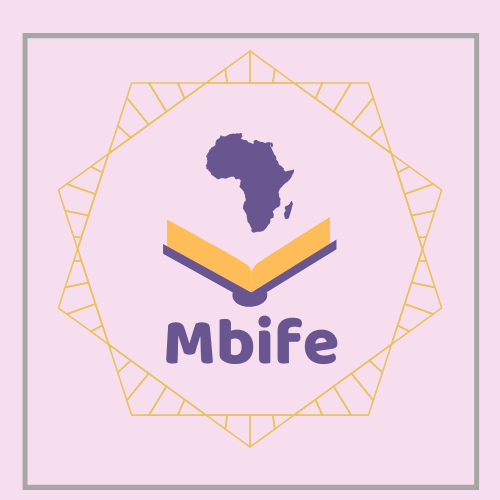Partial Stories
This post is not about children’s literature per say
But, it is related
Yesterday I had a light bulb moment
I realized why it was so important and easy for me to make the decision to start writing books for my children.
And here is why..
More than 10 years ago I started my Bachelor’s Degree in Ancient History and Social Anthropology at the University College London (UCL) in the UK.
It’s a great university for that subject and I was bouncing off the wall with excitement.
In those three years I learnt something important about academia.
History was defined as whatever happened to the romanticized ancient world of Greece, Rome, the UK and maybe the rest of Europe, sometimes.
The rest of the world didn’t matter, never did anything, barely existed and therefore could not have contributed to anything of significance.
I was so frustrated in every single class and questioned my lecturers constantly.
There was one course that featured Africans, it was called ‘slavery in the ancient world’
Based on my ‘interests’ I was advised to take course at another university, the School of Oriental and African studies next door.
African history is so often presented in the context of Slavery.
It is a cliché that they couldn’t sell me because my parents had given me a true education my whole life.
My mother is Malian so I know we were Queens, educated, scientific, industrious and PROUD.
I was young at university and felt powerless, so I was just left to wallow in my anger that history, an entire degree in history, could exclude most of the geographic world and everyone was ok with this.
My struggles continued when I wanted to write my thesis on Afrocentric ideas and Africans influence in the ancient world.
I was told categorically there was no one with the expertise to be my supervisor at the university (the entire UNIVERSITY) and I should change my topic.
I of course didn’t change my topic and was given lower grades, but frankly I didn’t care at that point. I was going to write about the history I belonged to and was interested in.
Fast forward to today,
My daughter is now looking at books and wondering where her reflection is.
I am wondering the same.
She asks ‘why people in the books all look the same’
Why ‘they don’t have a belly like her mummy or thick thighs’ and I wonder the same..
And so, we started on this mission for more representation in books.
Yesterday I was utterly privileged to hear David Olusoga
talk at the Ethnographic Museum in Stockholm about his new book- Black and British A Forgotten History
I cannot tell you the validation I felt to hear him speak.
To hear him say what we should all know.
That African history is not a separate entity, it is part of the same history we all learn, but it has been purposely left out and our collective amnesia remains unchecked.

I’ll give you a few examples he shared:
In the UK we learn a lot about the Industrial Revolution,
About factories
About the mills
We never learn where the cotton came from to power this revolution
We never learn about how tea which is now 'quintessentially British' was taken from China, to be grown in India for consumption in the UK!
How sugarcane from Brazil was taken to the Caribbean and slaves taken from Africa to grow this cane, to make sugar to sweeten tea in the UK!
We are never taught that the Gold Guinea coins which were so precious (and still are) take their name from the then Guinea region, in West Africa where the gold to make these precious coins were taken/stolen from.
Instead we are told partial stories over and over again until they become reality.
Last night after this talk, I realized that by reading books off the shelf, I was offering my children partial stories too
It gave me even more conviction in my book project and this movement around representation in books
We must make a change so that we have generations growing up, learning about the world they live in,
about the contributions their forefathers made in creating this world we live in.
That we may discover neighbors and cultural similarities in the pages of books
And find our place in society together.

And a huge thank you to Michael Barrett from the Ethnografiska for curating such important work. They have an exciting project called Afrika Pågår which you have to check out if you are in stockholm.
*********************************************************************
